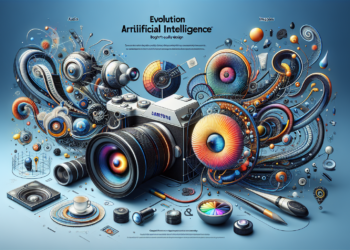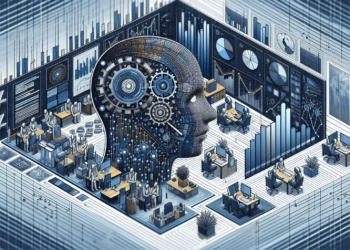The European Union has reached a milestone in the field of artificial intelligence (AI) with the approval of groundbreaking legislation, which has been met with both acceptance and significant concerns. This legislative development represents a crucial effort to balance technological innovation with the protection of human rights and privacy.
Acceptance by AI Companies
Leading AI companies, including IBM, Meta, AMD, Intel, and Dell, have expressed their support for the new regulation, viewing it as a necessary step towards ethical and responsible AI development. The formation of the AI Alliance by these companies and other academic and research institutions, such as NASA, reflects a collective commitment to open, secure, and responsible AI.
Concerns about Privacy and Data Usage
On the other hand, the law has raised significant anxiety over privacy and data use, particularly concerning live public facial recognition and mass surveillance. NGOs and technology experts have criticized certain aspects of the law, fearing it could facilitate the legalization of facial recognition in public spaces, which poses a threat to human rights. These concerns highlight the need for balanced regulation that protects both innovation and individual privacy and rights.
Balance between Innovation and Ethics
The EU’s law seeks to establish a reliable legal framework for AI development, allowing or prohibiting its use based on the risk it poses to individuals. This approach underscores the importance of closer collaboration among companies, governments, and society to define the future of AI. The effective implementation of this legislation will be critical to ensuring the transformative benefits of responsible AI are widely available, without compromising fundamental ethical values.
Towards a Responsible Future
The European Union’s passage of this law reflects the growing awareness of the importance of oversight and responsible AI development. As AI companies embrace these regulations, society at large must remain vigilant to ensure that technology advances in a way that respects both innovation and human rights and privacy.






















